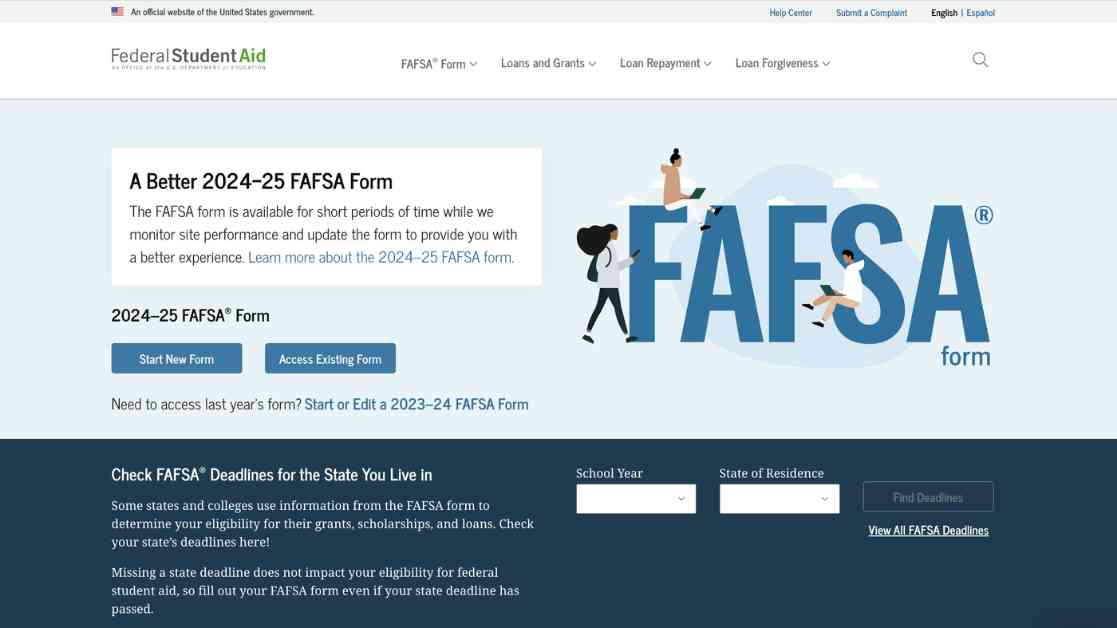The Department of Education recently announced that the rollout of the updated federal financial aid application, FAFSA, has been delayed once again. This delay means that the 2025-2026 Free Application for Federal Student Aid will only be tested among a limited set of students and institutions in October, with the general public set to receive it in December.
Traditionally, the FAFSA form is released in October for students to fill out for the upcoming academic year. However, last year, the form for the 2024-2025 cycle was also delayed until December due to the Department’s efforts to update its technology as mandated by Congress. This delay led to families’ incomes not being adjusted for inflation, resulting in a $1.8 billion deficit in available aid.
As a result of this delay, students’ data were not processed with colleges and universities until March, and their financial aid offers did not come through until April. U.S. Secretary of Education Miguel Cardona acknowledged the challenges faced during the 2024-25 FAFSA cycle and stated that significant changes have been made to enhance the FAFSA experience based on feedback from students, families, and higher education institutions.
The Department of Education has assured that students will be kept informed throughout the testing process. It is crucial for students and families to stay updated on any developments regarding the FAFSA application to ensure they are prepared for the upcoming academic year.
In the meantime, students can take advantage of this additional time to gather all necessary documents and information required for the FAFSA application. This includes details about their family’s financial situation, tax information, and any other relevant documents. By being proactive and organized, students can streamline the application process once the updated FAFSA becomes available to the general public in December.
Overall, while the delay in the FAFSA application update may cause some inconvenience, it is essential for students to stay informed and prepared for the changes ahead. By staying proactive and seeking assistance when needed, students can navigate the financial aid application process successfully and secure the necessary funds for their education.




